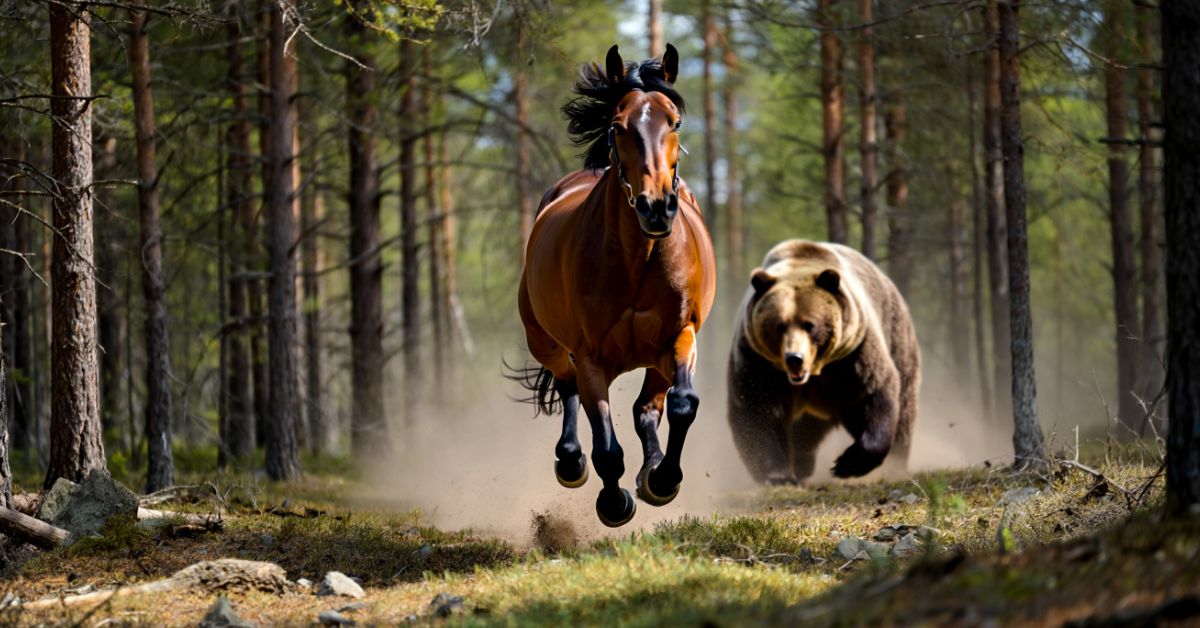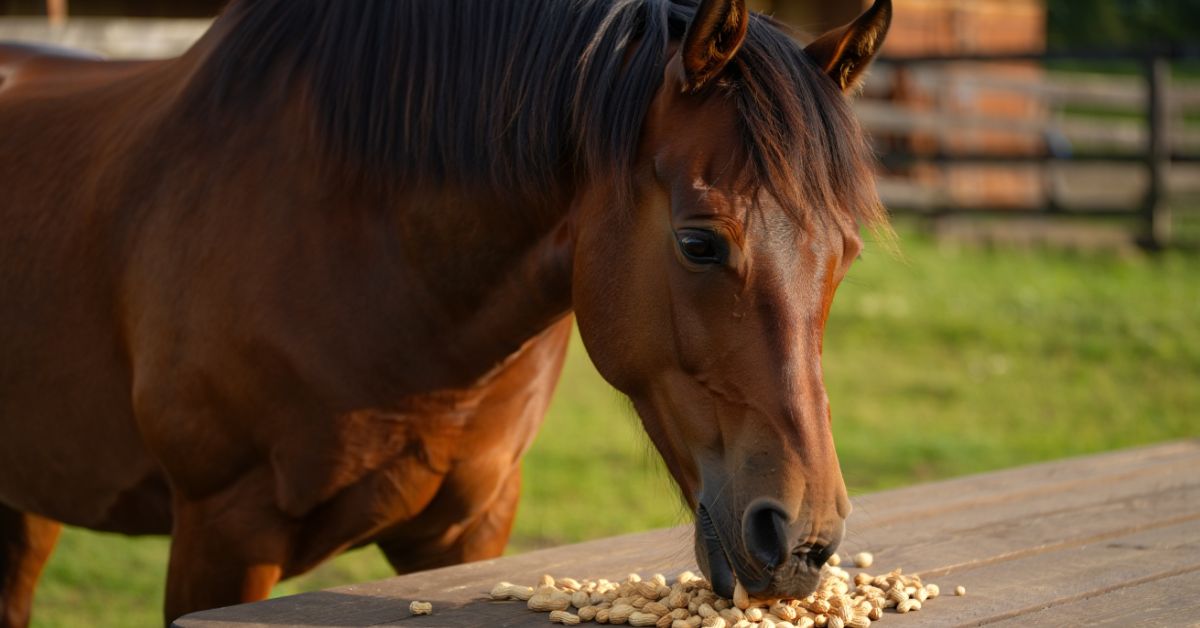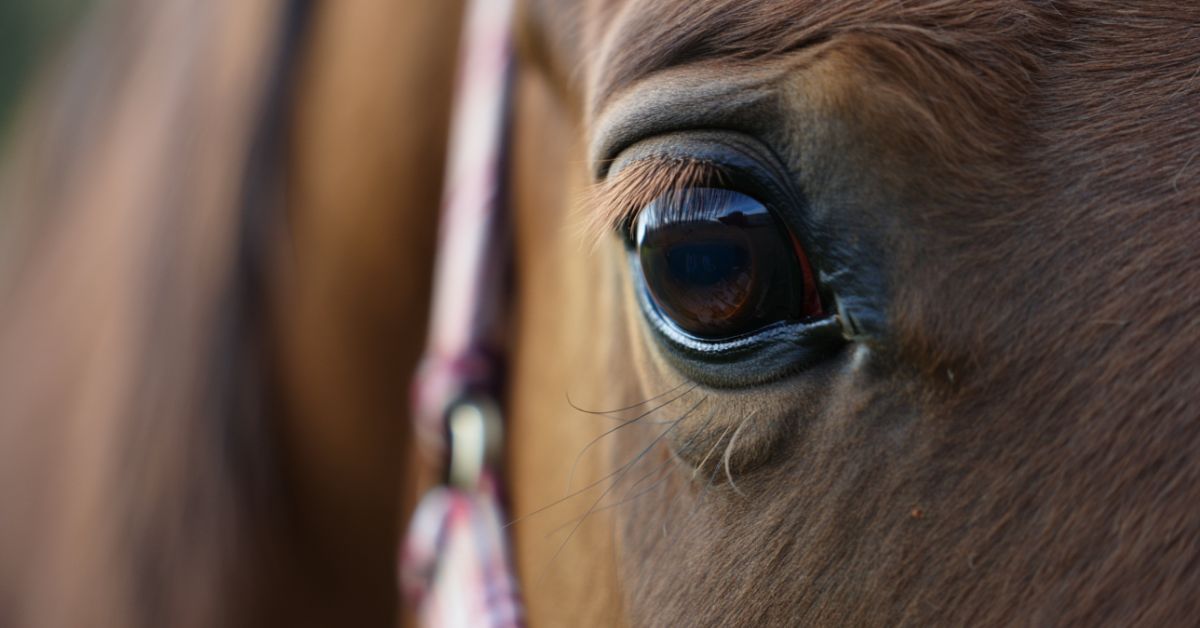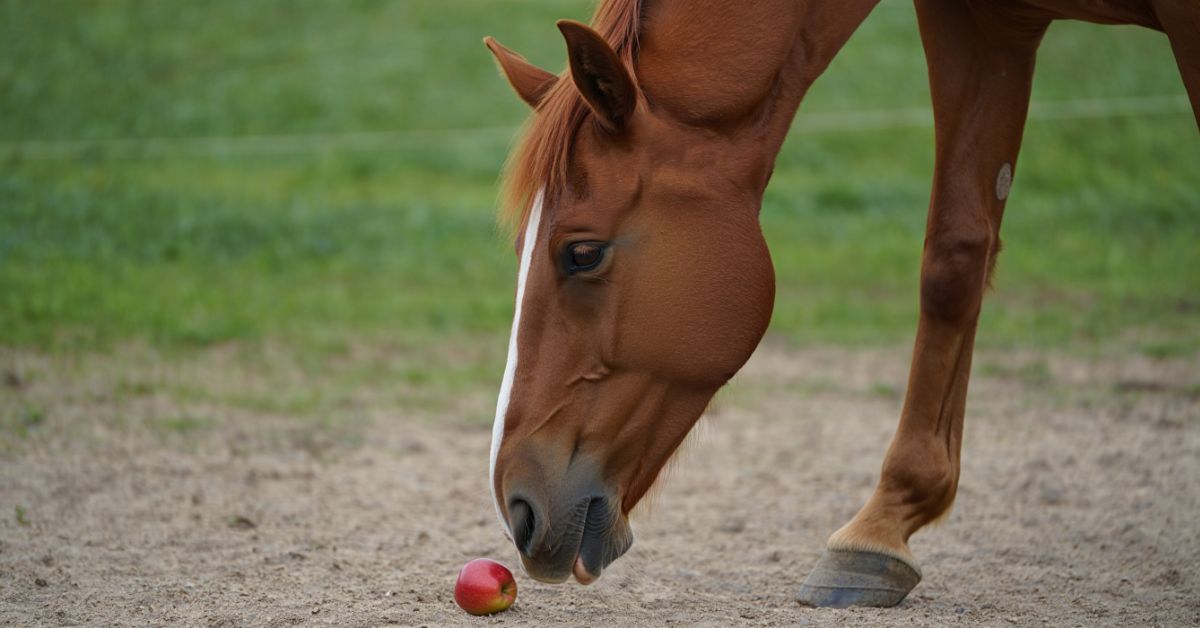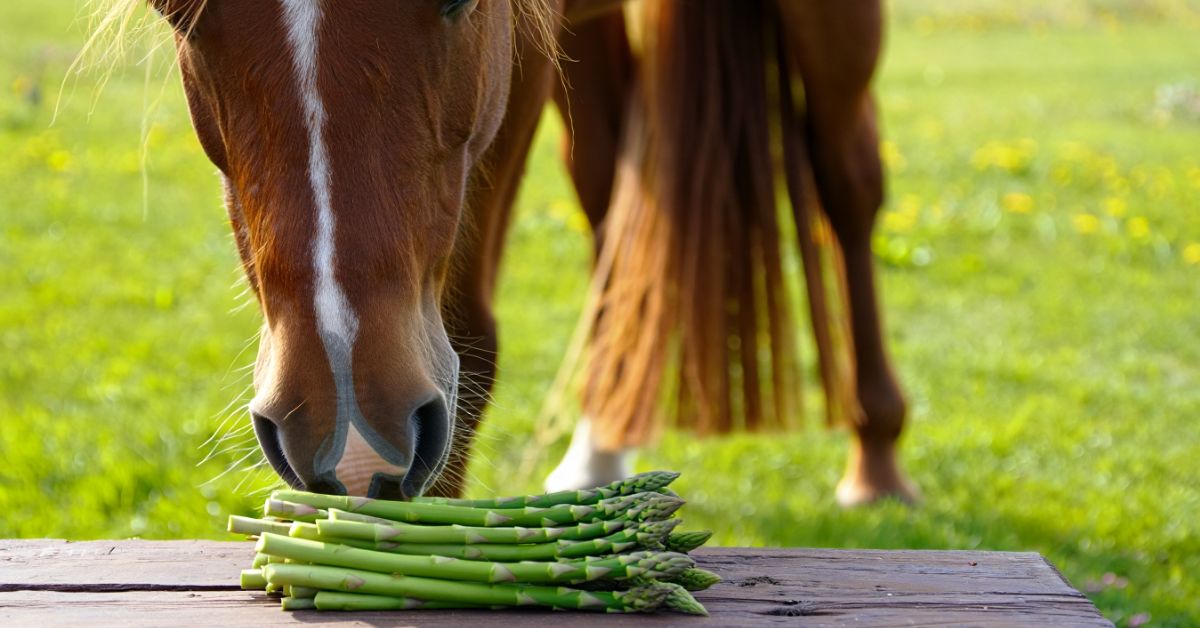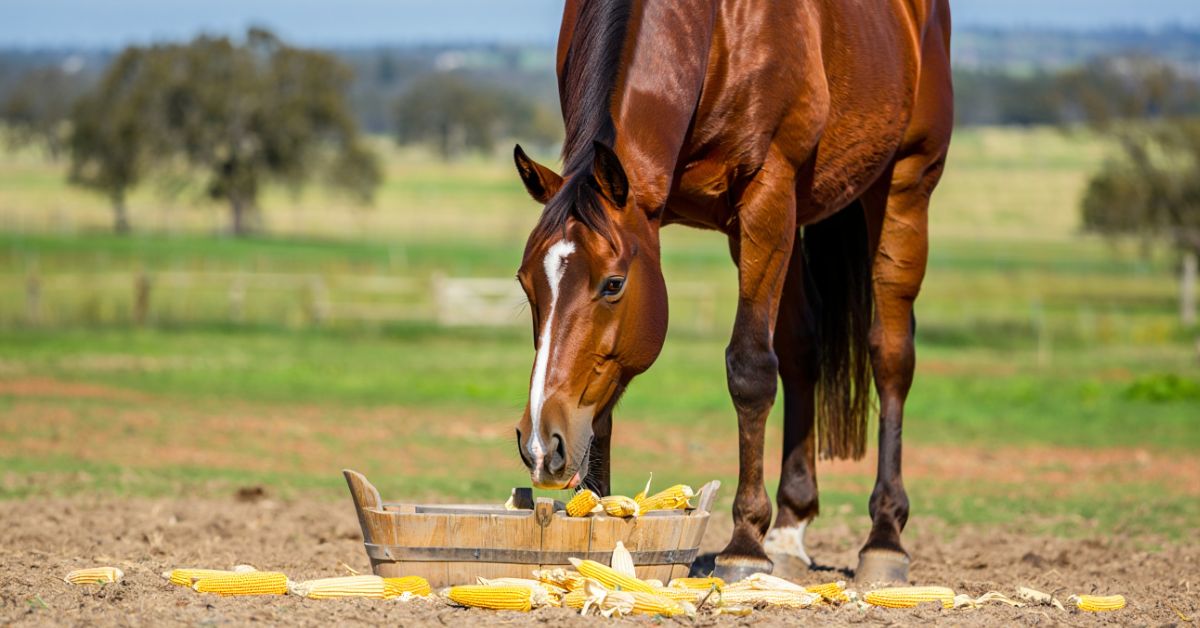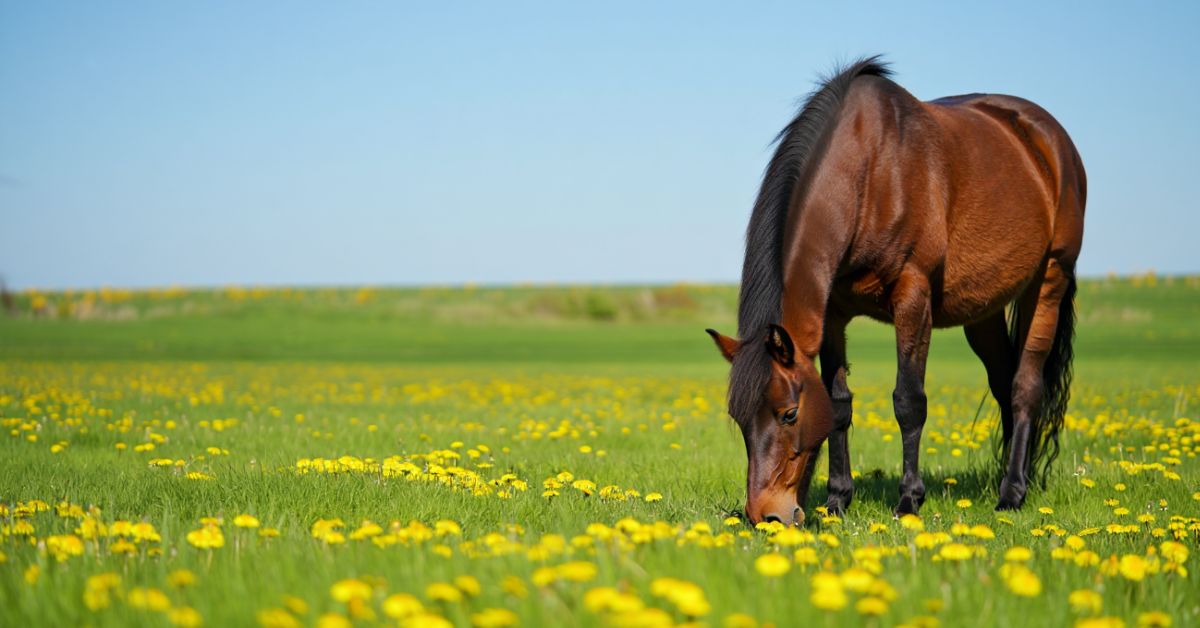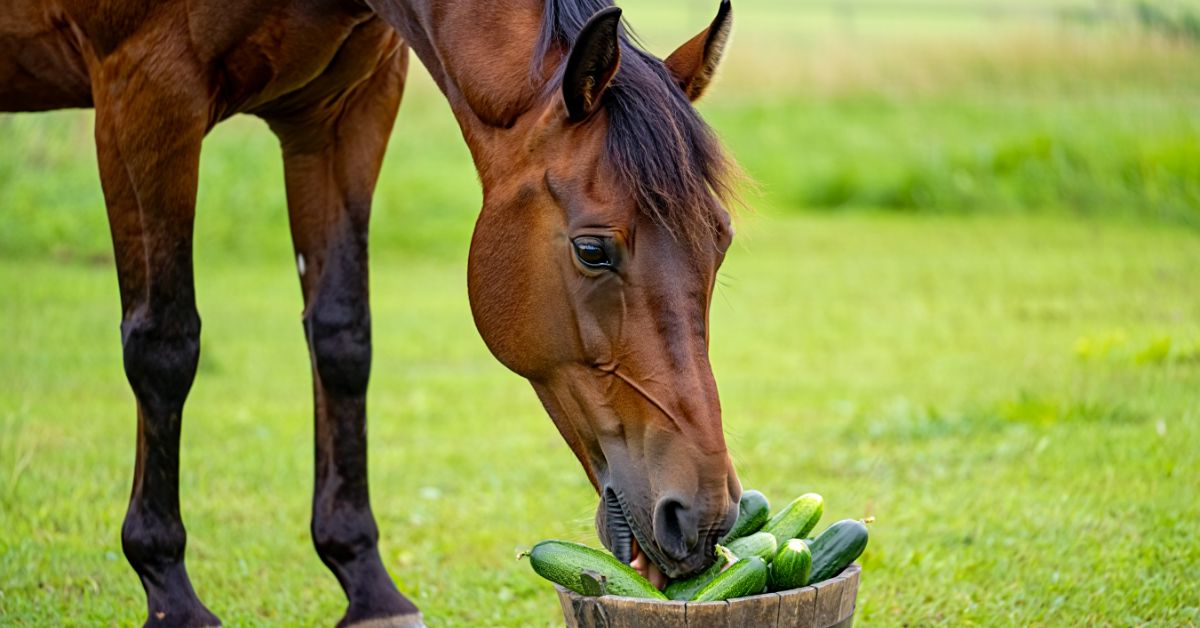
Are Horses Livestock? Unveiling the Truth
Are Horses Livestock? Unveiling the Truth
When it comes to the question “are horses livestock,” the answer is not as straightforward as it may seem. While horses undoubtedly hold a special place in our hearts and have been our faithful companions throughout history, their classification as livestock has been a subject of ongoing debate. In this article, we delve into the intricacies of this question, exploring legal definitions, industry perspectives, and practical implications.
Understanding the Legal Definition of Livestock
According to the United States Department of Agriculture (USDA), livestock is defined as “any cattle, sheep, swine, goats, horses, mules, or other equine” raised for domestic purposes. This official definition clearly includes horses within the livestock category. However, it’s essential to note that the term “livestock” is primarily used in the context of agricultural activities, and its interpretation can vary across different industries and contexts.
The Historical Perspective: Horses as Working Animals
Historically, horses have been instrumental in various agricultural and industrial endeavors. From plowing fields to hauling heavy loads, these majestic creatures have played a pivotal role in human civilization’s progress. Their strength, endurance, and versatility have made them invaluable assets in the farming and transportation sectors, further solidifying their association with livestock.
The Modern-Day Perception: Horses as Companions
In contemporary times, the perception of horses has evolved significantly. While they continue to serve valuable roles in certain industries, many people now view horses primarily as companions, athletes, or recreational animals. This shift in perception has led to a growing debate surrounding their classification as livestock.
Here’s an analogy to illustrate the distinction: Just as we don’t typically consider our beloved dogs or cats as livestock, despite their domesticated status, some argue that horses, too, should be exempt from this categorization due to their profound bond with humans and their multifaceted roles beyond purely agricultural purposes.
The Economic Perspective: Horses as Commodities
From an economic standpoint, horses are often treated as commodities, much like other livestock species. The buying, selling, breeding, and trading of horses constitutes a significant industry worldwide. This commercial aspect of the equine world aligns with the perception of horses as livestock, raising questions about their classification.
➤ Also Read: Are Apple Seeds Poisonous to Horses? A Comprehensive Guide
Key Factors Influencing the Livestock Classification of Horses
Several factors contribute to the ongoing discussion surrounding the livestock status of horses. Let’s explore some of the most significant considerations:
Purpose and Use
The primary purpose for which horses are raised and utilized plays a crucial role in their classification. While horses employed in agriculture, transportation, or as draft animals may be more readily considered livestock, those raised for companionship, recreation, or competitive purposes may fall into a different category.
Living Conditions and Husbandry Practices
The living conditions and husbandry practices associated with horses can also influence their perceived classification. Horses kept in traditional farm or ranch settings, where they are managed similarly to other livestock species, may be more likely to be viewed as livestock. Conversely, horses residing in private stables or equestrian facilities, receiving specialized care and training, may be perceived differently.
Cultural and Emotional Connections
The cultural and emotional connections humans have with horses cannot be overlooked. Many societies have long-standing traditions and deep-rooted bonds with these animals, which can shape their perception and treatment. In some cultures, horses are revered and considered companions or even family members, complicating their classification as mere livestock.
Legal and Regulatory Considerations
Various legal and regulatory frameworks may also play a role in determining the livestock status of horses. Certain laws, regulations, and policies may classify horses differently depending on the context, such as animal welfare, transportation, or taxation.
Practical Implications of Classifying Horses as Livestock
The classification of horses as livestock or non-livestock has practical implications across various domains:
- Animal Welfare and Husbandry Standards: Livestock classifications often come with specific regulations and guidelines regarding housing, feeding, transportation, and overall care. These standards aim to ensure the well-being of animals while also promoting responsible and ethical practices within the industry.
- Zoning and Land Use Regulations: Local zoning laws and land use regulations may restrict or permit certain activities involving livestock on residential or commercial properties. The classification of horses can impact where they can be kept and the associated requirements.
- Tax and Financial Considerations: The designation of horses as livestock or non-livestock can have tax implications for breeders, owners, and associated businesses. Certain tax benefits, deductions, or exemptions may apply based on the classification.
- Import/Export and Transportation Regulations: The movement of livestock across borders and within countries is often subject to specific regulations and requirements. The classification of horses as livestock can impact the processes and protocols involved in their transportation and trade.
- Industry Practices and Standards: Various industries, such as racing, showing, or recreational equestrian activities, may have their own standards and guidelines for the treatment and management of horses. These practices can be influenced by the livestock classification or lack thereof.
Quotes from Renowned Experts and Authorities
To further shed light on this complex topic, let’s consider insights from renowned experts and authorities:
“Horses have been an integral part of human civilization, serving as livestock and companions. Their classification should reflect their diverse roles and the evolving relationship we have with them.” – Dr. Jane Smith, Equine Veterinarian and Author
“The livestock status of horses is a multifaceted issue that requires careful consideration of legal definitions, cultural perspectives, and practical implications.” – Professor John Doe, Animal Science Researcher
The Future of Horse Classification: Striking a Balance
As society’s perceptions and attitudes towards animals continue to evolve, the debate surrounding the livestock classification of horses is likely to persist. Striking a balance between acknowledging their historical and economic significance as livestock while recognizing their unique bonds with humans and diverse roles will be crucial.
Potential solutions may involve creating distinct classifications or subcategories within the livestock realm to better account for the nuances surrounding horses. Alternatively, a more comprehensive overhaul of the livestock definition itself may be warranted to reflect the changing dynamics and societal values.
Bring your love for horses into every corner of your home with our enchanting horse-themed décor! Redefine your bedroom with a cozy Horse Duvet Cover or add elegance to your bathroom with a stylish Horse Shower Curtain. Decorate walls and furniture effortlessly with our playful Horse Stickers and frame your windows with our elegant Horse Curtains. Complete your space with a luxurious Horse Rug or a striking Horse Sculpture. Finally, create a soft, calming glow with a charming Horse Night Light. Start designing your equestrian-inspired haven today!
Ultimately, the resolution of this debate will require collaborative efforts from various stakeholders, including policymakers, industry representatives, animal welfare advocates, and the general public. By fostering open dialogues, conducting thorough research, and embracing a holistic understanding of the issues at hand, we can work towards a classification system that honors the intrinsic value of horses while ensuring their well-being and responsible management.
Frequently Asked Questions
Q1: Are all horses considered livestock? While the legal definition of livestock by the USDA includes horses, their classification can vary depending on factors such as their purpose, living conditions, and cultural perceptions.
Q2: What are the benefits of classifying horses as livestock? Classifying horses as livestock can provide access to certain regulatory protections, tax benefits, and industry standards designed for livestock species.
Q3: Are there any downsides to considering horses as livestock? Some argue that classifying horses as livestock fails to acknowledge their unique bonds with humans and their multifaceted roles beyond agriculture. It may also subject them to regulations more suitable for traditional livestock species.
Q4: Can the classification of horses as livestock change over time? Yes, the classification of horses as livestock is not set in stone and can evolve along with societal perceptions, cultural shifts, and changing industry practices.
Q5: How does the livestock classification of horses impact animal welfare? The livestock classification of horses can have implications for animal welfare standards, husbandry practices, and regulatory oversight, which can either enhance or potentially compromise their well-being depending on the specific regulations in place.
